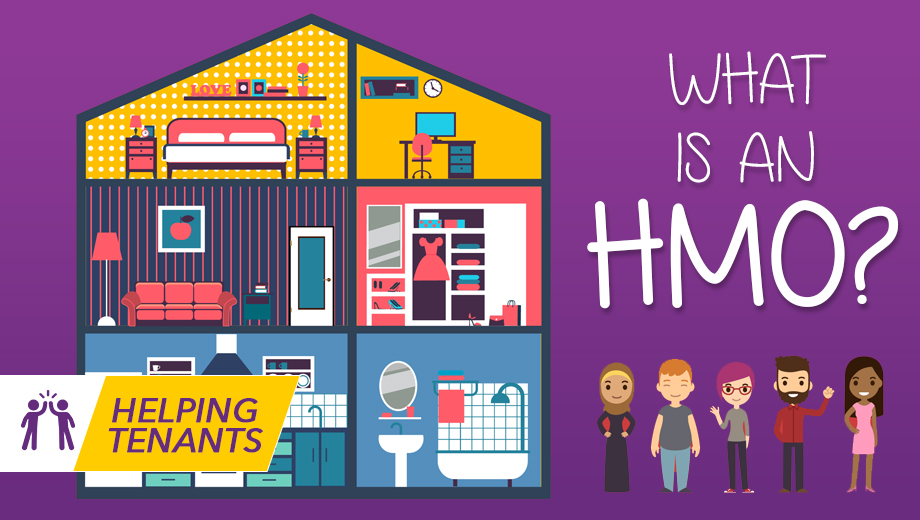Are you a tenant, confused about what a ‘HMO property’ is? Why should you even care? Here’s a handy wee guide to lead any lost property searchers through the 101 of HMO properties and why it is good to know what a HMO property is.
What does HMO mean?
HMO stands for ‘Houses in Multiple Occupation’. In plain English, this is a property rented out by three or more unrelated people. So a property with three or more unrelated tenants sharing a kitchen and bathroom must have a HMO licence in place. Legislation surrounding HMOs is very strict, so it’s important that tenants know what’s what!
HMO licensing
All HMO properties must have a HMO licence (licensed by the Local Authority) in place before tenants move in and this licence must be renewed by the property owner in line with the legislation (licences tend to last between one and three years). To be awarded a HMO licence, a property must meet and uphold specific physical standards and conditions. It’s the responsibility of the landlord to apply for a HMO licence. You can find out more about the specific conditions here or you can check our landlord blog on HMOs which we wrote for landlords to guide them through what’s required.
Bedrooms or tenants?
The HMO licence is tailored to the number of tenants in the property – not the number of bedrooms. If there’s a HMO licence for five tenants, there can only be five tenants living in the property, regardless of how many bedrooms there are. That said, it’s most common that the owner of a four bedroom property would apply for a four person HMO, a five bedroom property a five person HMO, and so on. For one or two bedroom properties, three or more unrelated people would not be able to live there without an HMO license (which would be unlikely to be awarded as there are minimum standards of space required for each person living in an HMO).
How related is ‘related’?
HMO licencing states that family members can include direct relatives (fathers, mothers and children) and second degree relatives (aunts, uncles, grandparents, etc.). Couples are also included in this, as well as step-children/parents. Third degree relatives (cousins and in-laws) are not included. So if there are three tenants consisting of a couple and one individual, they could live in a property without an HMO licence as two of the tenants are related (the couple).
At Umega, we ask for written confirmation of the relationship between tenants when three or more residents move into a property with 3 or more bedrooms.
Does the tenant have any responsibility?
The tenant’s responsibility lies in ensuring that they are meeting the requirements laid out by the HMO legislation. Agencies will conduct inspections throughout the tenancy to ensure that the property is being occupied correctly, and in line with the current licencing. A part of this responsibility is to check that linked hard-wired smoke alarms work, as they are a requirement in HMO properties. Most letting agents will provide tenants with a Smoke alarm testing sheet to date and sign weekly or monthly to make sure everything is in order.
